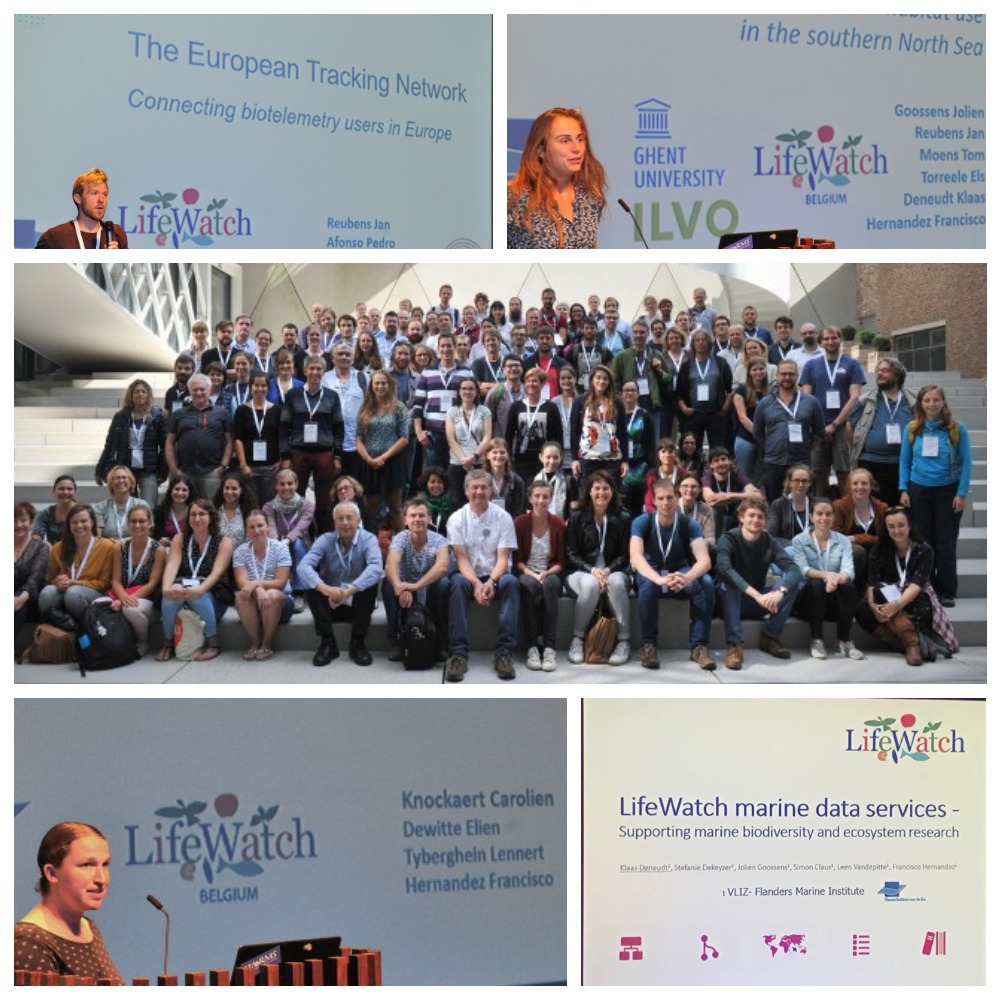
The 53rd European Marine Biology Symposium, organised by LifeWatch Belgium and the Flanders Marine Institute (VLIZ) in Ostend (Belgium, 17 – 21 September 2018), witnessed a great success with the participation of 169 researchers and academics from 25 different countries.
The “Science in a modern era” session focused exactly on these issues, featuring Christos Arvanitidis and Francisco Hernandez (Scientific responsible for LifeWatchGreece and LifeWatch Belgium, respectively) as its chairmen, and counted many oral communications from the LifeWatch ERIC community. LifeWatch ERIC was also featured in the “Science from a historical perspective” session and in the “Science in the North Sea” session.
The programme and all presented abstracts are available for download at the following address http://www.embs53.org/conference-programme
In parallel, LifeWatch Belgium exhibition booth allowed demonstrations of several infrastructure components of the Belgian marine LifeWatch observatory, such as plankton imaging devices, acoustic detection devices and the innovative underwater tripod with acoustic release system.
Should you wish to find out more about the symposium, information, abstract book and presentations are available on the conference website (http://www.embs53.org).